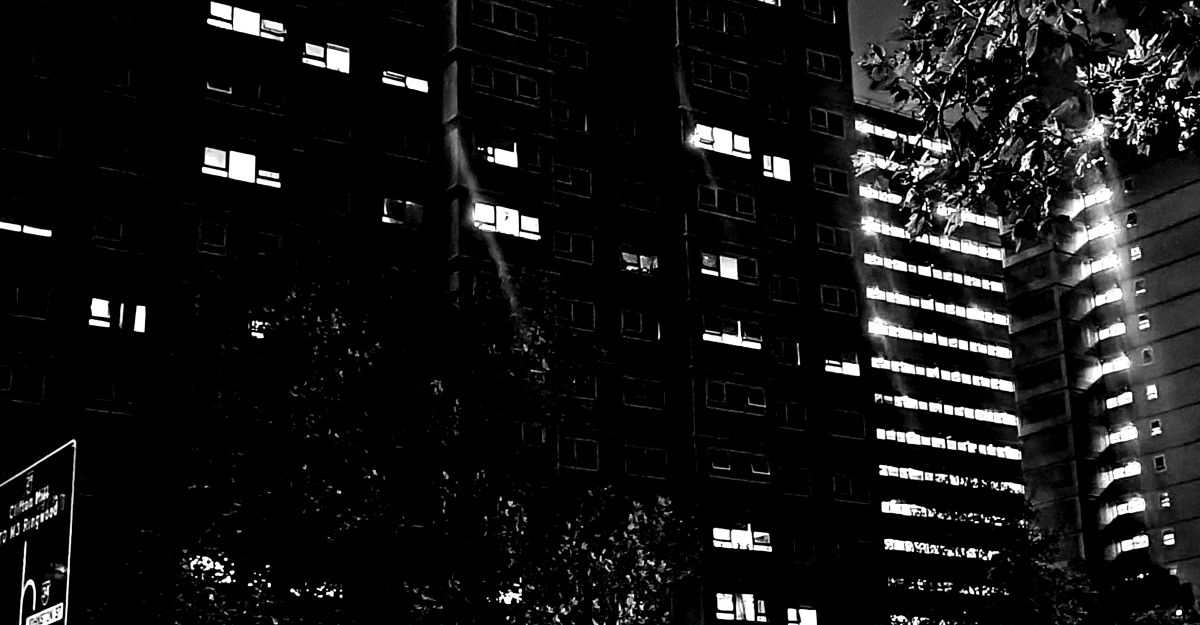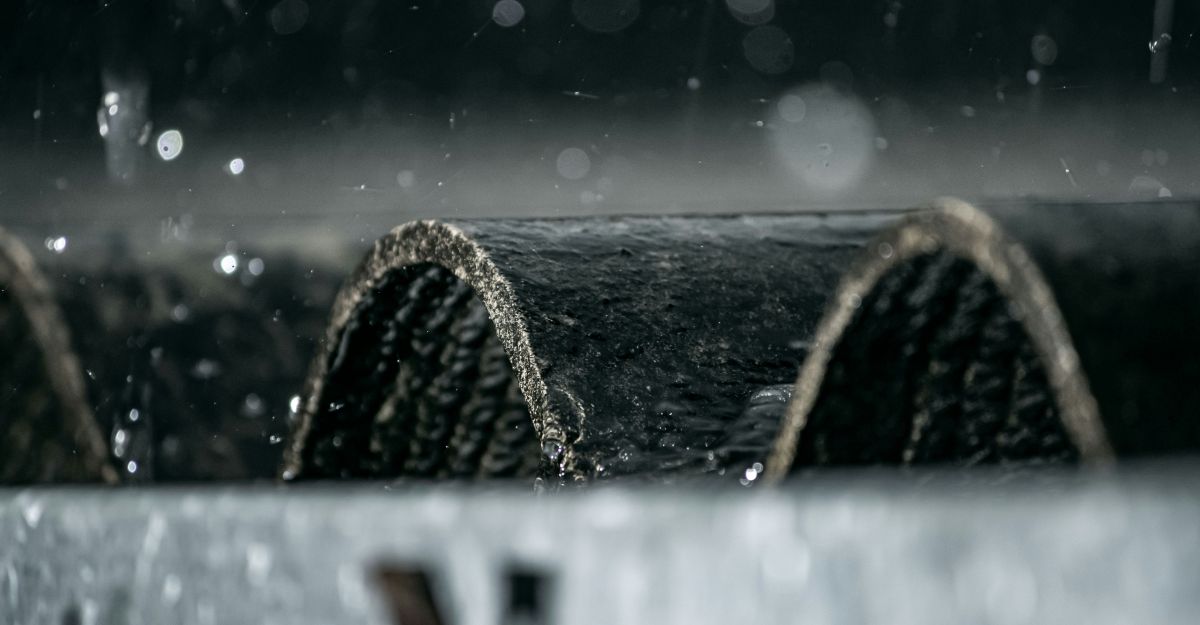He had caught the fish that afternoon: a large silver bream, lying heavy in the belly of an old plastic bucket. It was his first catch of the holiday. At first she’d gone down to the jetty with him – packed a hand reel and the crossword, a bag of chips passed between salty fingers – but after three days and no bites, she’d made an excuse that afternoon, stayed home to enjoy the breezy solitude of their small beach house. He’d come back at dusk, flushed and pleased.
‘You must have been bad luck,’ he said, smiling, bucket swinging at his side.
Standing out on the back veranda, he laid the fish on the plastic cutting board and stood back to admire it, his arm heavy around her shoulders.
‘Isn’t she a beauty?’ he said, and even though she did not share his love of fishing – bringing back memories, as it did, of long, seasick afternoons on her grandfather’s boat, of her tears as the hook was pulled from the helpless lip of a baby fish – she couldn’t help but agree.
Standing in a warm patch of sunlight, she sipped a gin and tonic and watched him sharpen the filleting knife – his rough hand gripping the handle of the slender cutting blade. His fingers were peeling from shelling pipis the day before – Eugaries he’d called them, standing on the jetty, tossing their empty shells back into the sea. That was the Gadigal word, he’d said, what he’d always called them. She mouthed the word to herself, felt it cool and smooth on her tongue.
He placed the rusty knife by the cutting board and slipped on a pair of rubber gloves. A brown body with two yellow hands. He picked up the knife again and with a sharp thrust pushed the blade into the gut of the fish. She looked away, expecting blood to gush like water, but the board was clean, the white belly of the fish hanging open like a toothless smile.
‘Do you want to do the guts?’ he said.
‘I’ll pass.’
He slipped his fingers into the wound and began to scoop out the fleshy insides of the bream – the long, blue liver; the small red heart. For a second she thought she could see it still beating but, looking closer, it was just the shake of her husband’s hands. He scraped the guts back into the bucket, where they floated for a moment then slowly began to sink, leaving bloody pink trails in the water. She turned away.
‘Think I’ll make a salad for dinner,’ she said.
‘Okay, love. Something light.’
‘I know.’
Switching on the radio she stood at the kitchen sink peeling the skins off cucumbers, running crescents of crisp lettuce under cold water. She liked the way the vegetables here were speckled with dirt, bruised and imperfect, passed between hands at the market and shoved into calico bags. Not wrapped in plastic like at the supermarkets back home – pre-washed and pre-cut. She thumbed grit from the crease of a leaf and placed it gently in the salad bowl.
Through the kitchen window she watched her husband bent over the table in concentration, his torso shimmering with sweat and tiny fish scales. He hummed tunelessly to himself, barefoot on the hot back deck. Looking at him then, she longed to touch him, to run her hands along his smooth skin and tell him everything. But she stayed in the kitchen, turned on the tap and began to wash her hands.
Out beyond the deck the sun was setting, casting thin shadows from the arms of gumtrees across the lawn. Two small cricket stumps stood like brothers in the grass, a rainbow of lorikeets chatted on the fence. On the radio a Paul Kelly song came on, the one about Christmas – even though it was February now – and she went to pour herself another drink. Standing in the cool air of the open fridge, she suddenly heard a shout; the sharp scrape of a bucket across the back deck. She went outside.
‘Bloody things are too fiddly,’ he said.
He stood, bare-chested, breathing hard. The fish lying limp on the floor.
‘It’s okay,’ she said.
‘It’s not. I fucked it up,’ he said.
‘It’s fine.’
She bent down to pick it up – this warm, wet thing, its silver skin hanging off like strips of ancient wallpaper. She stood there, cradling the dead fish like a baby.
He went quiet then. ‘I’m sorry,’ he said, moving towards her. ‘I’ve ruined dinner.’
‘It’s not that,’ she said, moving back, pulling the fish closer to her chest.
‘I’ll pop to the store and get us something,’ he said. She opened her mouth to say something, but nothing came – just a small, wet sound so that for a moment he looked at the fish like it might be speaking. But it was dead and silent. He picked up the keys and walked out the door.
From the back deck she watched the sun grow low then dip behind the heavy shoulders of the bush. A blueish dark rolled in from the sea, slowly swallowing the trees, the fence, the birds, the grass, the veranda, her legs, her arms, the fish.
By the time he came back it was dark. He didn’t turn on the lights, just placed a pack of beer and two frozen fillets of salmon on the bench. It was only when he took the fish from her arms, that she found herself still standing there, cold and shivering wet. Her t-shirt stained with oily guts and seawater. He placed the fish on the table and slowly led her back inside.
That night they ate dinner at the coffee table: the salmon overcooked, the salad wilted from lying in its bowl too long. He washed and she dried and she went to bed while he was in the shower. He crept in after her, warm and smelling of the sea. But later, woken by a bird or possum, perhaps – she rolled over to find him gone – the covers pulled back, the window open. Swinging her legs over the side of the bed she moved through the house, tiny grains of sand sticking to her bare feet, a cool breeze coming in through the open back door where he stood, bent over the table, as he had that afternoon. She went to him, and together they looked down at the body of the fish, its silver body bathed in a pool of light, the bright moon healing its wounds so that for a moment it seemed, simply, to be sleeping.
Image: Untitled / transp
Read the rest of our Autumn Fiction edition:
‘a madman’s lullaby’, by Stevi-Lee Alver
‘A long breath’, by Stuart Wilkinson
‘Dance of the mobiles’, by David Turnbull



